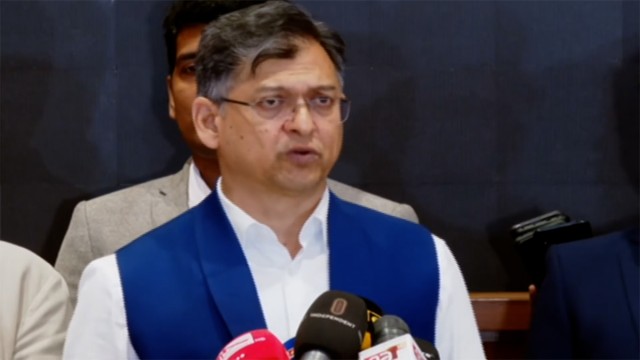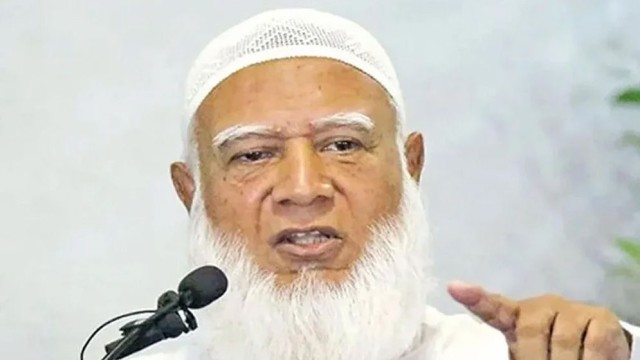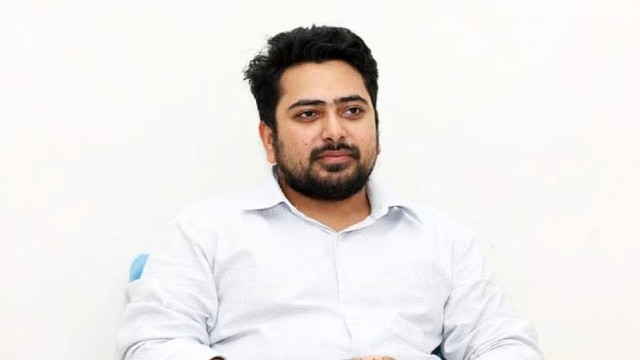Dhaka, Apr 22 (V7N)- The Bangladesh Nationalist Party (BNP) has expressed support for the majority of reform proposals made by the National Consensus Commission, while raising objections to certain provisions concerning the Chief Justice Appointment Act and the authority of the Prime Minister in the Cabinet.
BNP Standing Committee Member Salahuddin Ahmed made the remarks to reporters on Tuesday (April 22), after a third round of talks between the BNP and the Consensus Commission on constitutional, public administration, and anti-corruption reforms.
Salahuddin Ahmed stated that BNP recommends appointing the Chief Justice from among the top three senior judges of the Appellate Division, instead of automatically choosing the senior-most judge—a departure from current norms under the proposed Chief Justice Appointment Act.
He also emphasized BNP’s demand for restoring the governance framework prior to the Eighth, Ninth, Tenth, Twelfth, and Fifteenth Amendments, and for a power balance between the Prime Minister and the President.
“We have proposed limiting the tenure of the Prime Minister to two consecutive terms, allowing a return only after a break of one term,” Salahuddin said. However, the BNP opposes the suggestion that one person cannot be both party chief and Prime Minister, arguing that such a decision should rest with the parliamentary majority party.
The BNP supported the abolition of secularism as a state principle, while endorsing a stronger emphasis on equality, human dignity, and social justice, proposing these be integrated into the Constitution’s fundamental rights section.
In addition, the party has agreed to a significant electoral reform — prohibiting the use of political party symbols in local government elections, aiming to reduce political polarization at the grassroots level.
A four-member BNP delegation led by Salahuddin Ahmed attended the meeting. Other members included Ismail Zabiullah (Advisory Council), Advocate Ruhul Quddus Kajal, and former secretary Abu Md. Moniruzzaman Khan.
The meeting was chaired by National Consensus Commission Vice President Professor Ali Riaz. Commission members Badiul Alam Majumder, Dr. Iftekharuzzaman, Justice Emdadul Haque, Safar Raj Hossain, and Monir Haider, Special Assistant to the Chief Advisor (Consensus), were also present.
This ongoing dialogue marks a key step toward building national consensus on institutional reform amid the country’s evolving political landscape.
END/MSS/AJ




























Comment: